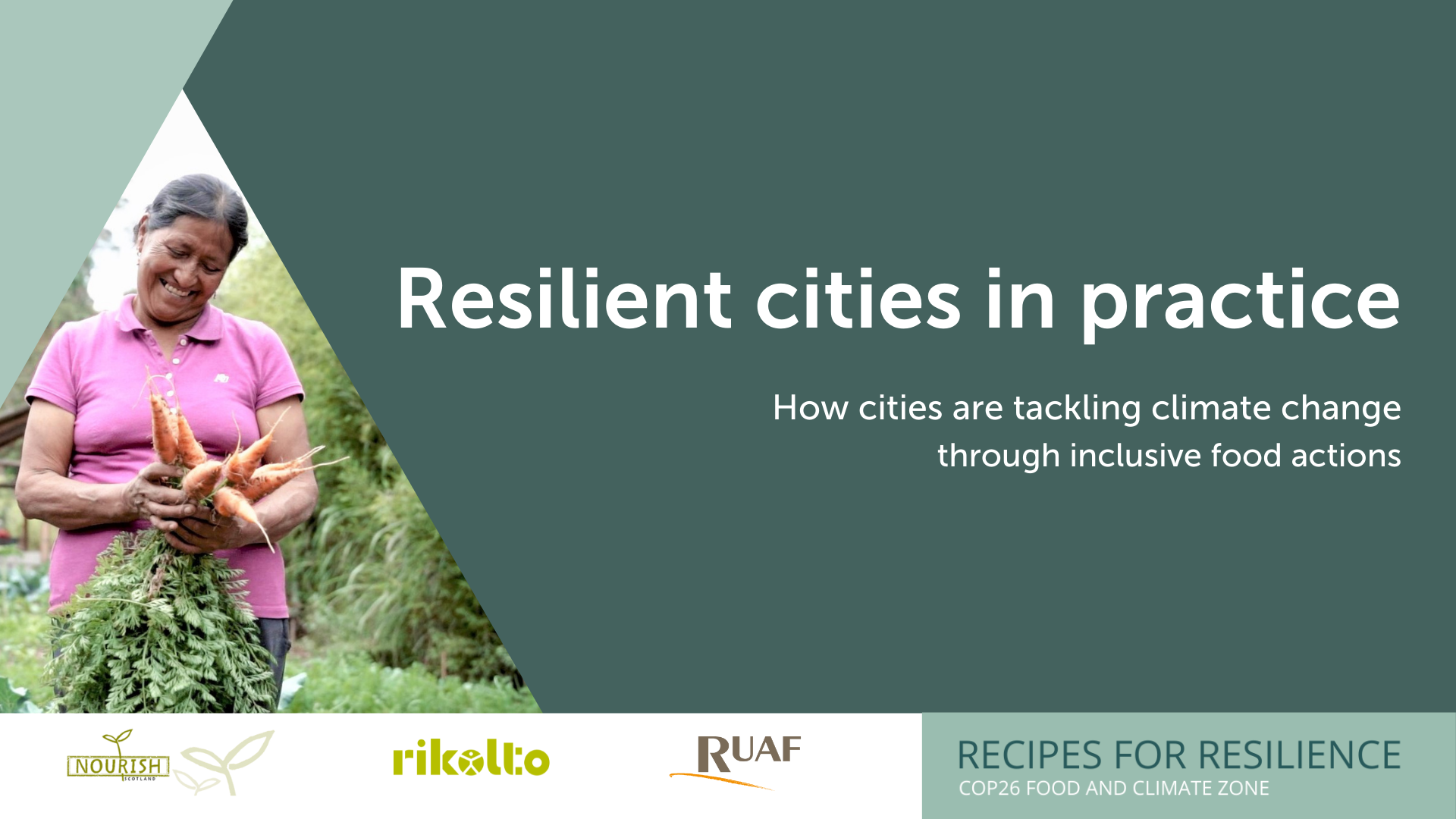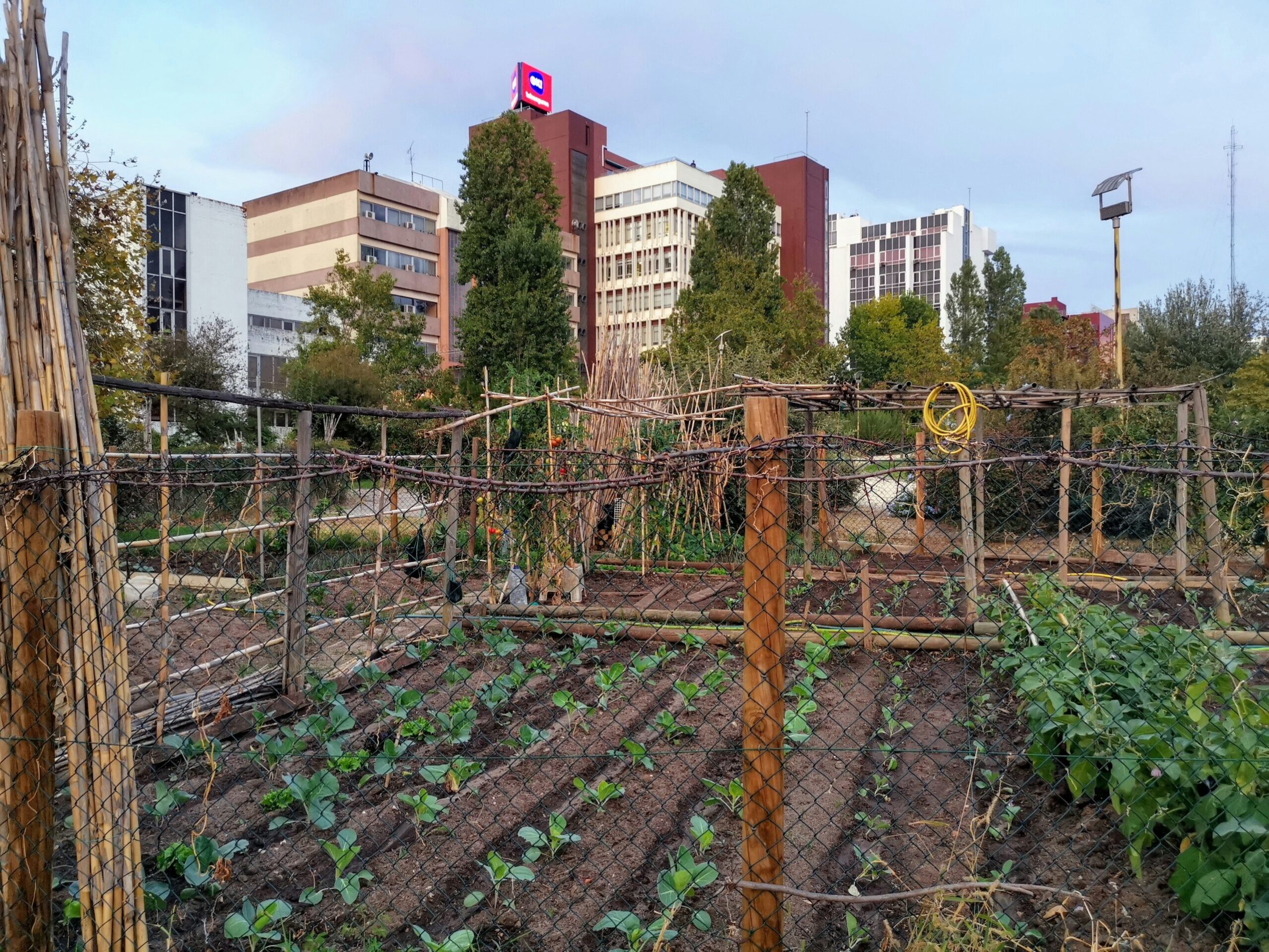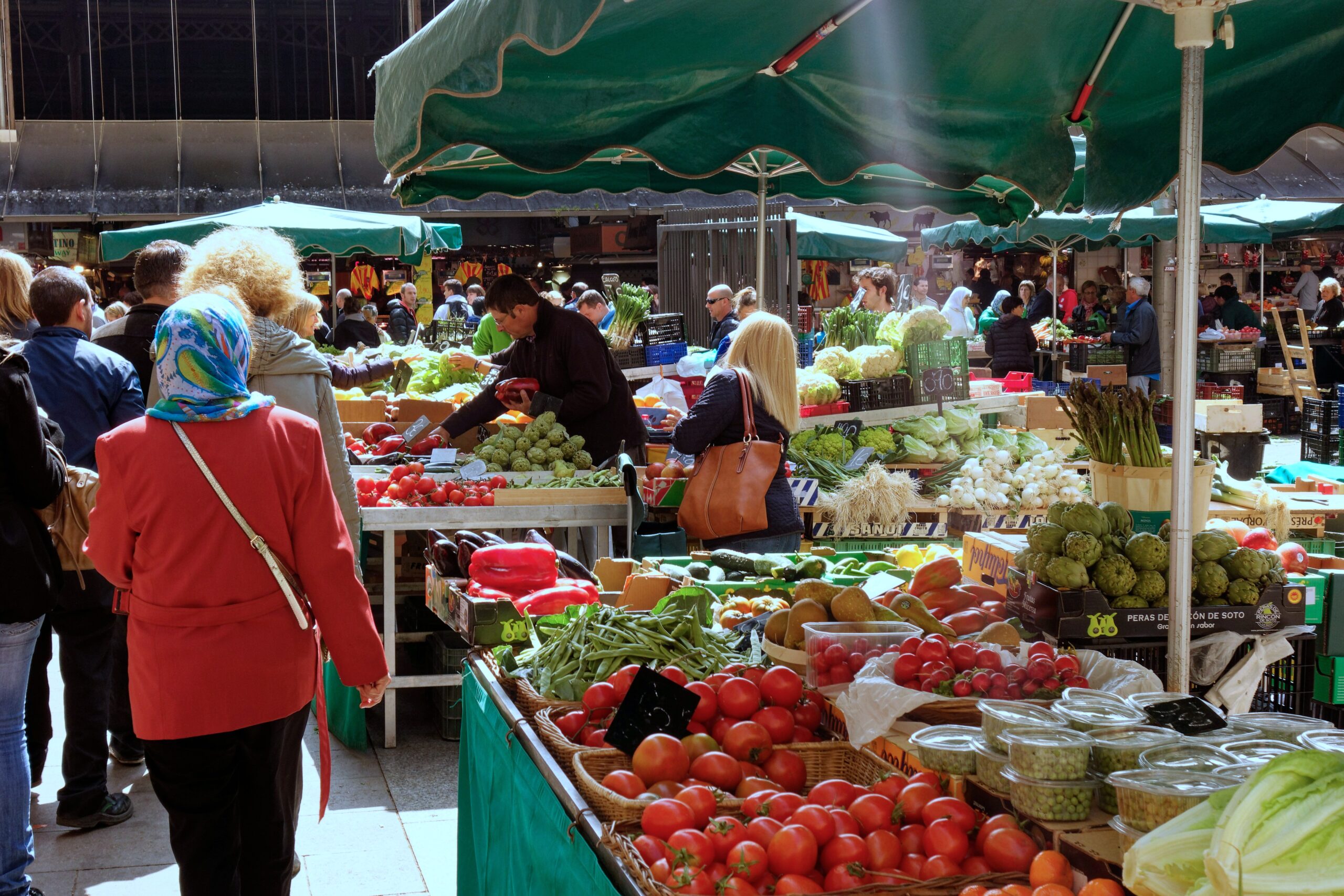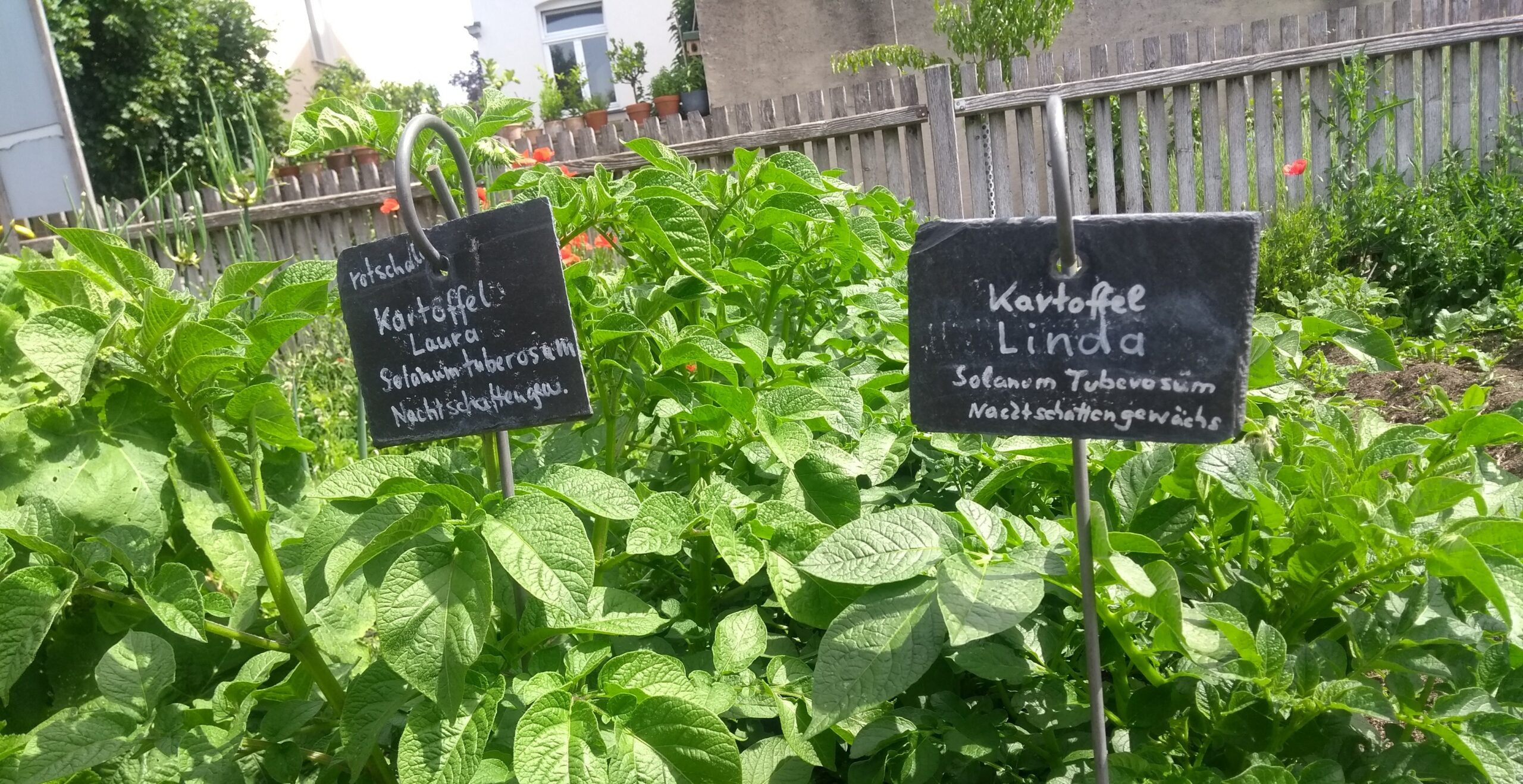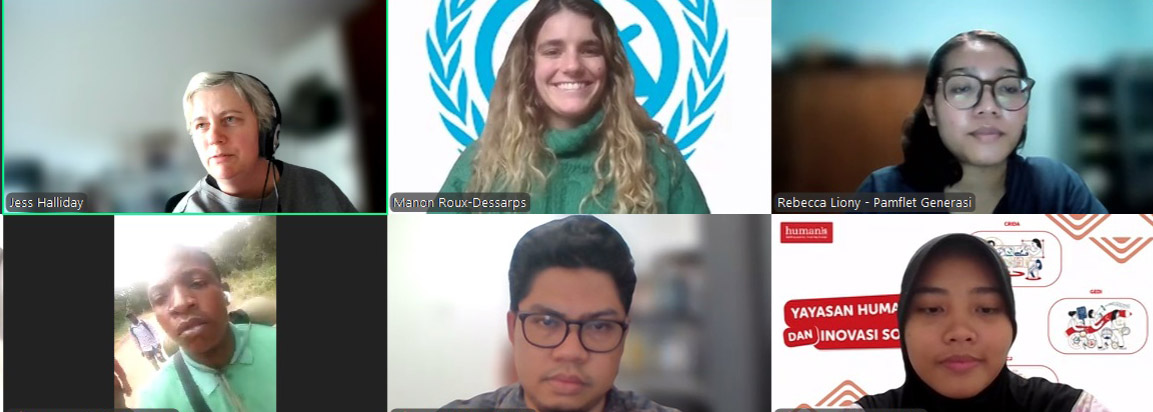You can find the recording and the presentations below.
On November 3, RUAF and Rikolto hosted the session ‘Resilience in practice: How cities are tackling climate change through inclusive food actions’, to discuss how cities are transforming their food systems to tackle the climate crisis and ensure social inclusion. The session was part of the broader Recipes for Resilience event organised by Nourish Scotland at the COP26 Food and Climate Zone.
Moderated by Charlotte Flechet, International Food Smart Cities Coordinator at Rikolto, the event aimed at building awareness of the complex relationships of food, climate, nature and communities. It provided city leaders, experts and other stakeholders the opportunity both to showcase solutions and share lessons learned and actions needed to advance sustainable, resilient and inclusive food systems. By analysing challenges and looking at best practices, city experts highlighted that only by thinking of food as a whole system can we achieve the recipes of coherent policies that will deliver the food systems resilience needed.
Joy Carey, RUAF’s Senior Programme Officer, set the scene and emphasised that “cities as large communities with their own operational powers – are uniquely placed to change their behavior and take collective action at scale”.
As cities, we need to publicly acknowledge there is a nature and climate emergency. We need to implement change at scale using the 5 key city powers of policy, planning, procurement, partnerships and participation.
Joy Carey, RUAF’s Senior Programme Officer
Priority actions to address existing gaps and transform food systems include:
- Support farmers and food providers to make the changes they are uniquely placed to make by providing them with a market for more healthy and sustainably produced food – putting money behind our talk through the mechanisms of procurement policy and catering contracts, local market legislation, investment in infrastructure to support short supply chains.
- Design out food waste and adopt more circular approaches to use waste as a resource.
- Make good use of urban planning policy; parks and green spaces, clean air and water strategies to use land well for climate and nature while also addressing social inclusion, for example through urban agriculture.
- Keep track of progress by measuring what matters.
In this context, where systemic changes are needed and new models must be implemented to move from the business-as-usual approach, Thibault Geerardyn, Food Strategy Facilitator at Leuven 2030, gave practical examples on how the city of Leuven is implementing its food strategy through innovative food sourcing models. He outlined the importance of having an economic model at the center of action. Before talking about social environmental benefits, actions must have economic sense to be successful. “This is an important lesson, which is often forgotten”, noted Jess Halliday, RUAF Associate, in her closing remarks.
Next, Daniela Mastrangelo, Technical Coordinator of the Secretariat of Environment and Public Space of the Municipality of Rosario in Argentina, and Raúl Terrile, Coordinator of the Food Program, Secretariat of Economic Development and Employment of the Municipality of Rosario, presented the results achieved through the urban and peri urban agricultural activities implemented in the city of Rosario since 2002.
Lastly, Tokiana Rakotonirainy, Food Policy Coordinator of the Municipality of Antananarivo in Madagascar and member of the Steering Committee of the Milan Urban Food Policy Pact, and Carmen Zuleta Ferrari, Urban Food Systems and Resilience specialist at FAO, discussed results and lessons learned from the implementation of the City Region Food Systems (CRFS) assessment and planning process in the city of Antananarivo, under the guidance of RUAF and FAO. “Joining global networks and the city region food system approach has enabled us to improve our food policy process, learning from other cities about how to build a more resilient urban food system for the future. We are keen on keeping our stakeholders engaged in a common vision, trusting our shared capacity, “ affirmed Tokiana Rakotonirainy.
In closing, Jess Halliday stressed the importance of multi stakeholder participation and of the critical need to build a common vision to overcome barriers to the implementation of policy and related action plans. “Stakeholders may not agree on everything but there needs to be some core of common understanding in terms of the direction of travel. It is crucial for every stakeholder to see themselves reflected in the vision and through this participatory vision to really know that they are all on the same page”, she concluded.
Recordings:
Presentations:
- How can cities leverage their local food policies and initiatives to tackle climate change – Joy Carey
Senior Programme Officer, RUAF - Leuven – From multi-stakeholder food planning to innovative food sourcing models for the city
- Rosario – Urban and peri-urban agriculture for a climate resilient city
- Antananarivo – The City Region Food Systems tool in practice

